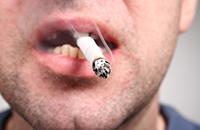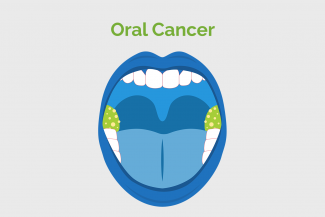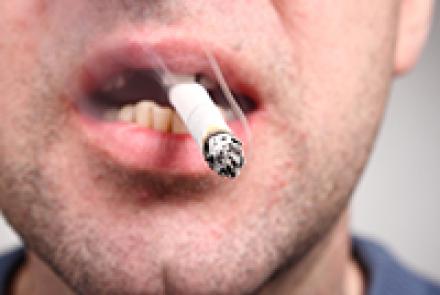
The treatment depends on the site and size of the tumour, how far the cancer has spread and the patient’s general state of health. The doctor may recommend some of the following:
Surgery: The surgeon may remove the tumour or the affected area. The patient may need reconstructive surgery following this to restore the appearance and function of the area affected.
Radiotherapy: Radiotherapy is a treatment that uses high-energy beams of radiation focused on cancerous tissue. This kills cancer cells, or stops cancer cells from multiplying. Radiotherapy can be used after surgery to kill any cancer cells that may have been left behind. It may also be used post-surgery on selected patients in whom there is a high chance of the cancer recurring in a certain spot. Side effects include hair loss, dryness of mouth, mouth ulcers, cavities to teeth, etc.
Chemotherapy: Chemotherapy uses a combination of drugs to either kill cancer cells or slow down the growth of cancer cells. Chemotherapy can be administered before surgery to reduce the size of the tumour or after surgery to prevent recurrence. Chemotherapy can harm healthy as well as normal cancer cells. The side effects of chemotherapy depend on the drug combinations being used. Common side effects include hair loss, fatigue, nausea, vomiting and anaemia.
Targeted therapies: These therapies are specifically aimed at the cells that are altered due to cancer.






